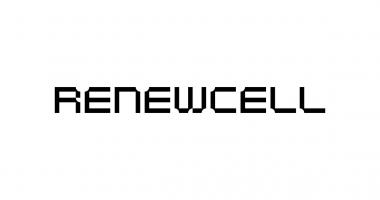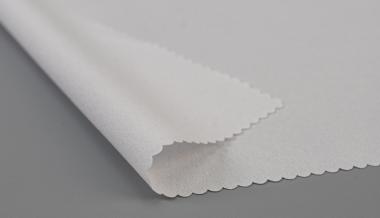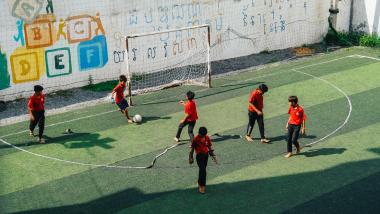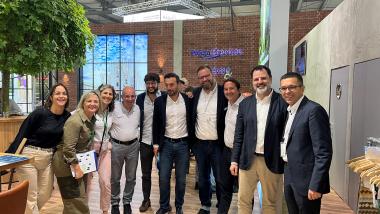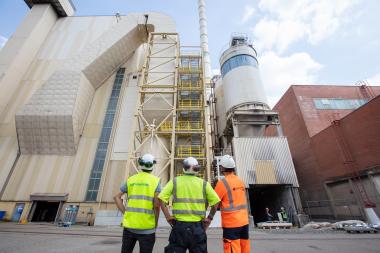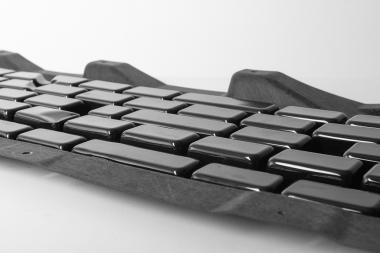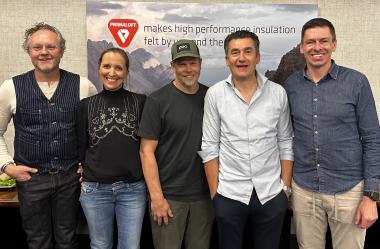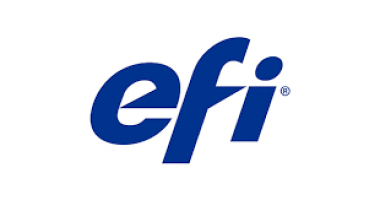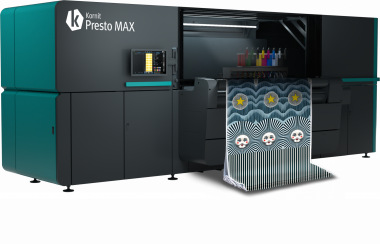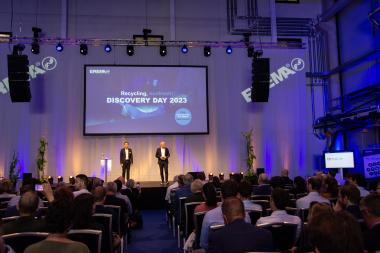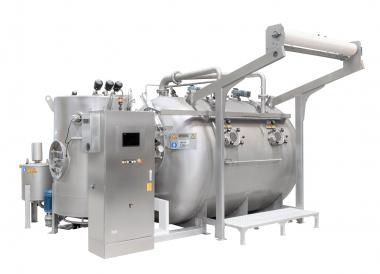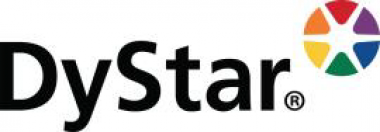Renewcell achieves Recycled Claim Standard certification
CIRCULOSE® production at Renewcell 1, Ortviken has been certified to Recycled Claim Standard (RCS) version 2.0. The RCS is an international, voluntary standard that sets requirements for third-party certification of recycled input and chain of custody. The primary goal of the RCS is to increase the use of recycled materials.
Building off previous RCS certification of the CIRCULOSE® pulp at the Kristinehamn recycling plant, this achievement further solidifies Renewcell’s mission to change the global textile industry and make it circular and sustainable.
The CIRCULOSE® pulp process conforms to the RCS 100 standard developed by Textile Exchange, a global non-profit organization advancing preferred fibers and materials.
A recycled content claim can only be made for materials that have been recovered or otherwise diverted from the solid waste stream. The certification process requires partners to comply with standards at every step of the supply chain, starting with the raw material (or recycling) suppliers and ending with the end seller in a business-to-consumer transaction.
Re:NewCell AB


